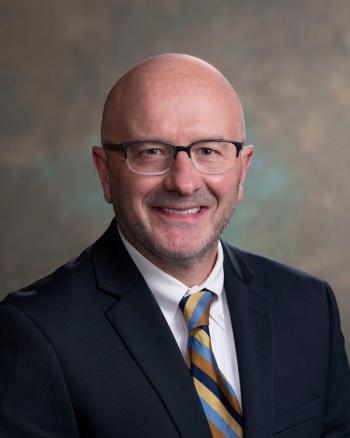
Risk management: a doctor’s best asset protection
Defensive planning tactics to have a safe and profitable year.
Starting 2020 with these defensive asset protection planning basics in place will help physicians and their practices have a safe and profitable year.
There are some basic rules about asset protection that invariably prove themselves to be true and that will guide all our discussions this year. First, as we covered in our last two installments, many risks are
Third, asset protection has three layers: a culture of compliance that helps avoid the most common risks; a well-developed insurance program to help cover any mistakes or accidents; and finally, legal tools that separate risks and assets to back up anything not covered by the first two. The first risk we address follows this pattern closely.
Trending:
HR: Your Biggest Non-Patient Professional Risk
Employment law exposures are among the most common risks American business owners face and medical practices are no exception. In addition to the traditional claims related to wages and labor law, employers must now manage less tangible, more subjective issues. Our socially- and politically-charged climate, including the #MeToo movement, require attention and physician leadership. Businesses in general are up to five times more likely to be sued over an employment issue than for any other reason; employees are winning more often and as one example, the average sexual harassment lawsuit verdict is roughly $500,000. Fortunately, this risk can be effectively managed in three simple steps.
- Create a culture of respect, compliance, and authority. Every workplace has its own “vibe”, some are formal and all business, others are more casual, fun and familiar. Either may be effective, but both need to start with a culture that observes and uniformly enforces good conduct among physicians, executives, and other staff. This means being willing to be (or delegating someone to be) the adult in the room and address issues and set standards.
- Have an enforced, custom drafted, state-law specific
employment manual . Failing to do so means that many rules polices will be open to interpretation by your employees, and worse, the courts. I routinely find that many practices have no manual or have one they got free off the internet or cobbled together themselves that may not be up to date or legally compliant.
- Be adequately insured for both employment law related liability with EPLI insurance (employment practices liability coverage) and general liability and other
specialty commercial insurance that protects the business from the vicarious liability of being an employer. For doctors, some common exposures might include HIPAA breaches by employees that reveal confidential patient info including photos or other identifying patient info or social media related liability for making defamatory statements or claims.
Having these basics in place will put many medical practices ahead of their peers and not just help defend against such a claim, but ideally avoid ever facing one in the first place.
Separate Personal Liabilities and Your Medical Practice
As we rapidly approach tax filing season, one common risk we see is the habit of many physicians to lease or purchase their personal car (and often their spouse’s car) through the medical practice to get various available tax deductions. While this may be sound practice from a tax planning standpoint and is often done at the advice of a CPA, it is terrible from a liability standpoint, as it makes the medical practice liable as the car owner for the riskiest thing many professionals do every day-drive a car.
Bluntly, doctors are seen as deep pocketed, collectible defendants and medical practices even more so. As such, I’ve never seen a tax deduction for lease payments and depreciation that justified risking the solvency of a medical practice for this very serious liability. We’ve covered the need for heavy
Read More:
Can you simply buy a massive commercial umbrella policy? Sure, but I’d prefer you avoid the fight and risk altogether and consult your CPA about keeping the car in your own name and simply taking a car allowance instead. Keep this risk separate from your practice, drive responsibly and insure heavily.
Ike Devji, JD, has practiced law exclusively in the areas of asset protection, risk management and wealth preservation for the last 16 years. He helps protect a national client base with more than $5 billion in personal assets, including several thousand physicians. He is a contributing author to multiple books for physicians and a frequent medical conference speaker and CME presenter. Learn more at
Newsletter
Optimize your practice with the Physicians Practice newsletter, offering management pearls, leadership tips, and business strategies tailored for practice administrators and physicians of any specialty.






